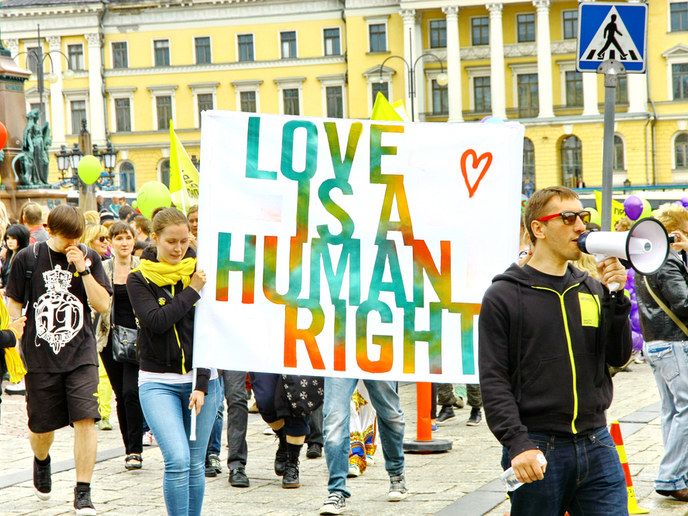The positive power of multiculturalism
Diversity and multiculturalism are thought to enrich societies and broaden horizons. However, with an increase in immigration and geopolitical upheavals, many societies are feeling threatened by the changes in their communities. The fears are reflected in the emergence of stronger right-wing parties, as well as in Brexit and new anti-immigration policies in the United States. The EU-funded project DIVID (The challenges of diversity for current societies: Its impact on social capital and well-being through the lens of identity) investigated how newcomers affected societies and what the real impact is on these societies’ well-being. Existing literature on multiculturalism and immigration generally demonstrates that people are less trusting of their neighbours in multicultural societies and politically tend to be more apathetic or disenchanted. The project team assessed the overall pessimism by measuring the impact of ethnic and religious diversity on people’s quality of life – i.e. on well-being and health. While previous studies on the topic tended to focus on specific contexts and time periods, the project team looked at a more global picture that spanned over three decades. It extracted data from high-level surveys conducted in different countries, controlling for differences in well-being such as gross domestic product, social inequalities and life expectancy. The data covered 114 countries and 500 000 respondents. Interestingly, the findings showed that ethnic and religious diversity on a national level were associated with better health and well-being. While on a personal level individuals may feel that ethnic and religious diversity threaten their culture or identity, the effect of diversity on a country overall is a positive one. The results contribute valuable insight to the discourse on immigration and multiculturalism, especially during a time when anti-globalisation, anti-immigration and protectionism are on the rise. The findings can also help overcome religious tensions and strengthen the case against ethnic cleansing. There now is epistemological evidence to back tolerance, inclusivity and multiculturalism.







